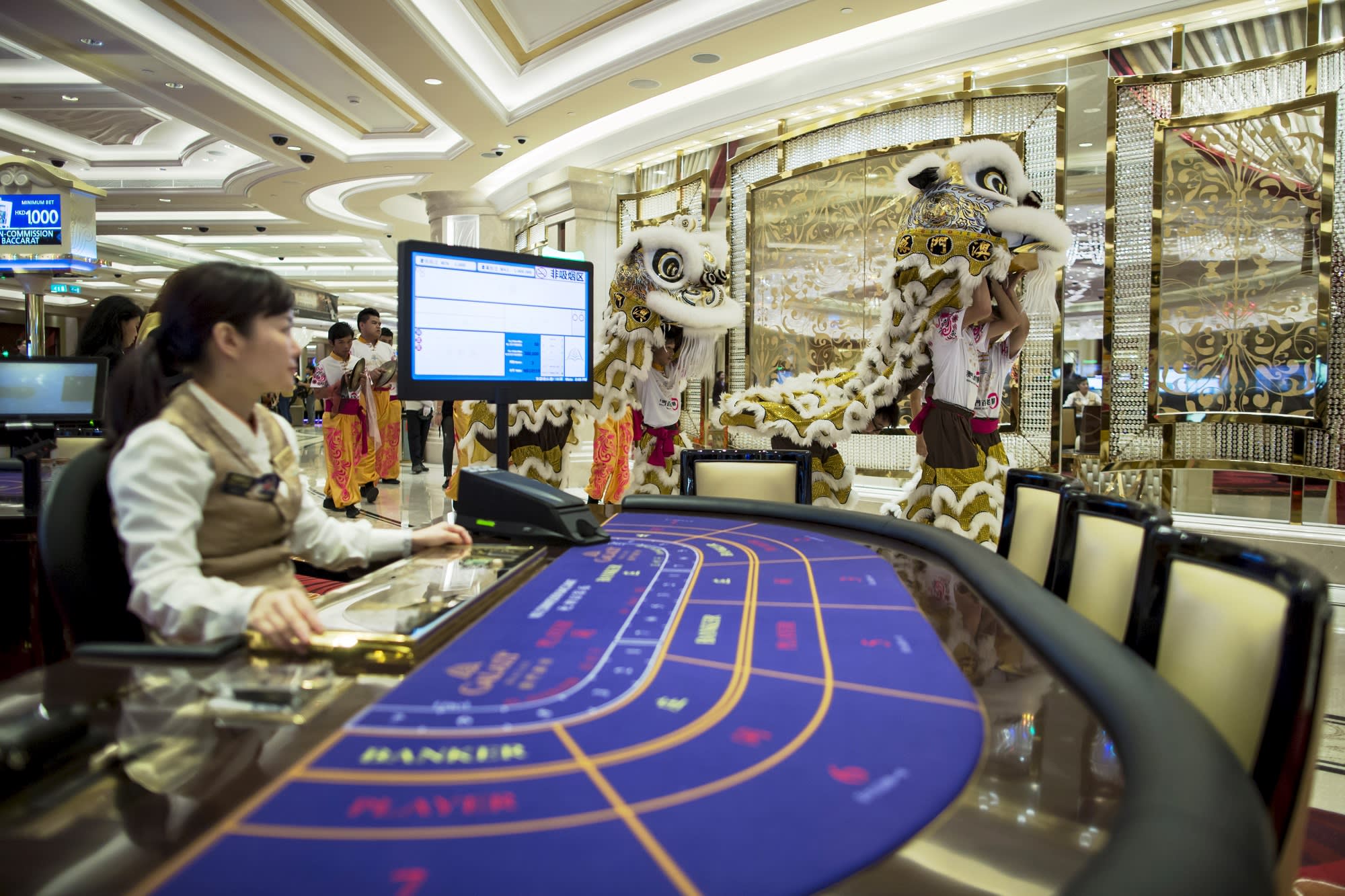Macau Government Not Mulling Casino Tax Cuts, and Operators Aren’t Asking
Posted on: March 5, 2020, 11:09h.
Last updated on: March 5, 2020, 11:43h.
Macau’s government isn’t mulling tax reductions for gaming companies there even as the Special Administrative Region’s (SAR) most important industry struggles to rebound from the novel coronavirus outbreak.

Although gross gaming revenue (GGR) on the peninsula tumbled nearly 88 percent in February – a record monthly decline – concessionaires there have not approached policymakers regarding tax cuts. As of Feb. 29, Macau’s GGR was off almost 50 percent on a year-to-date basis, with analysts forecasting steep declines for March and only slightly less worse conditions in the second quarter.
For now, we do not intend to introduce any [tax] changes,” said Lei Wai Nong, Macau’s Secretary for Economy and Finance, at a press conference earlier today.
Macau’s gaming tax refers to the 35 percent of GGR operators pay to the SAR government, along with a contribution to the Macau Foundation and an allotment to the Infrastructure/Tourism/Social Security Fund. All concessionaires pay a 1.6 percent levy to the Foundation, while contributions to the infrastructure fund range from 1.4 percent to 2.4 percent. But in most cases, the highest effective tax rate any of the peninsula’s operators are subject to is 39 percent, according to UNLV.
Not Following Suit
Last month, Singapore unveiled tax breaks for the city-state’s two integrated resorts – Marina Bay Sands (MBS) and Resorts World Sentosa – because of the coronavirus.
Lawmakers there are granting those venues a 10 percent property tax reduction, as well as a 30 percent cut on guestrooms, suites, and Meetings, Incentives, Conventions and Exhibitions (MICE) space. MBS is owned by Las Vegas Sands, Macau’s largest operator by number of properties.
Singaporean policymakers are also offering employers, including gaming companies, tax credits of up to $2,600 for retaining local workers in an effort to bolster a sagging economy that has been pressured by the COVID-19 epidemic.
Macau isn’t following suit on paring gaming levies. But the government there said last month it’s giving residents vouchers worth about $375 per person to be used on spending. Those preloaded cards are only usable on the peninsula.
Important Relationship
One reason why Macau may not want to indulge tax reductions for integrated resort operators is the government’s dependence on that revenue stream, which lower levies would diminish. Through the first 11 months of last year, the gaming industry accounted for nearly 86 percent of the SAR government’s revenue.
Concessionaires and lawmakers are working to diversify Macau’s economy, with the former group planning more non-gaming projects. But those are longer-term efforts, and with the coronavirus already sapping GGR, politicians may not be anxious to pursue revenue-reducing plans.
For operators, pushing for government favors may not make sense this year because 2020 is expected to be the year in which permit renewal conversations gain steam. All six concessionaires see their Macau licenses expire in 2022.
Related News Articles
MGM China Warns of Possible $30M Liability over Junket Holdings
Macau Slots, Table Games Limit Could Pinch Sands China
Most Popular
This Pizza & Wings Costs $653 at Allegiant VIP Box in Vegas!
Sphere Threat Prompts Dolan to End Oak View Agreement
Fairfax County Officials Say No NoVA Casino in Affluent Northern Virginia
Atlantic City Casinos Experience Haunting October as Gaming Win Falls 8.5%
Most Commented
-
VEGAS MYTHS RE-BUSTED: Casinos Pump in Extra Oxygen
— November 15, 2024 — 4 Comments -
VEGAS MYTHS RE-BUSTED: The Final Resting Place of Whiskey Pete
— October 25, 2024 — 3 Comments -
Chukchansi Gold Casino Hit with Protests Against Disenrollment
— October 21, 2024 — 3 Comments
















No comments yet